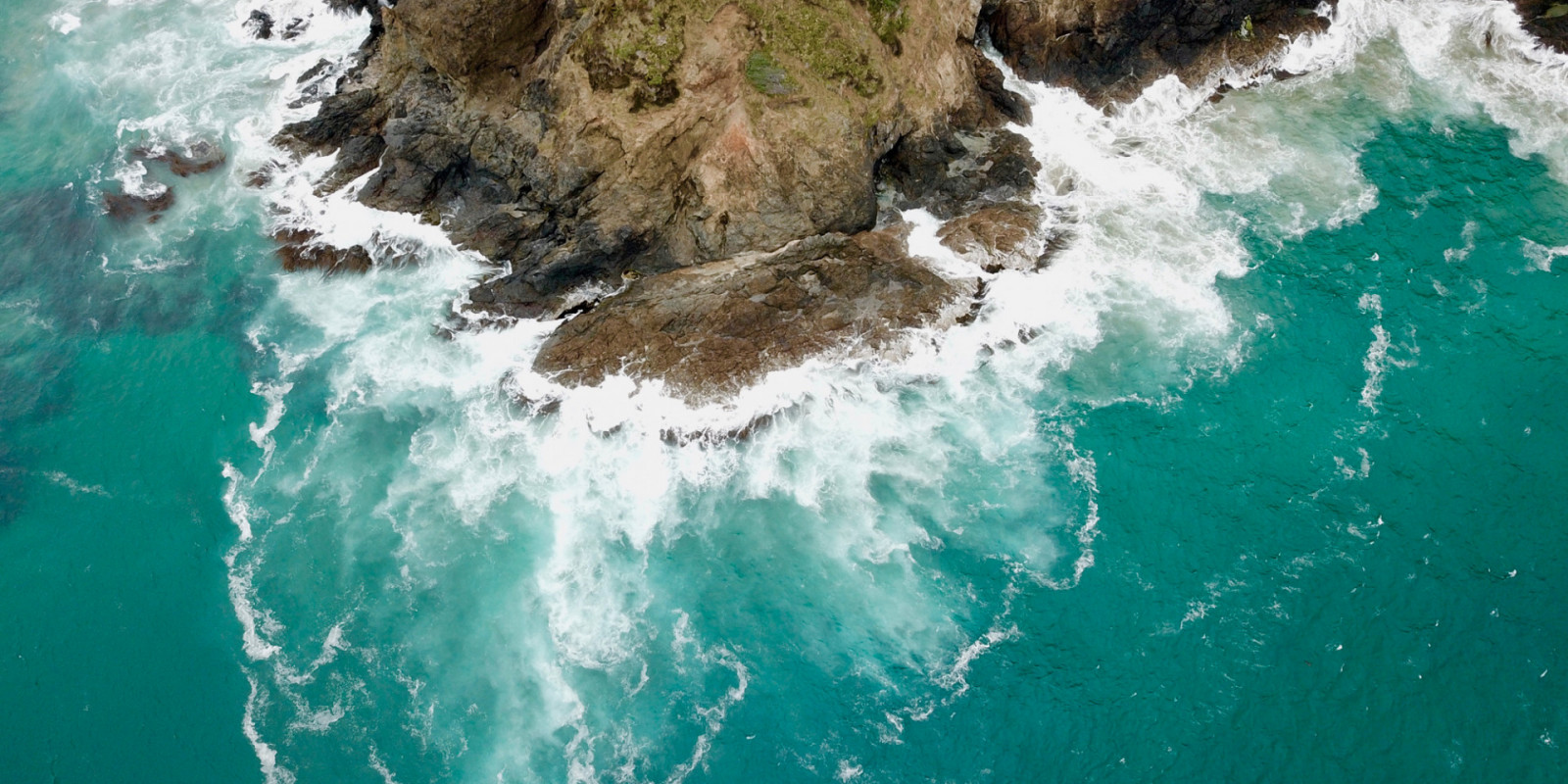- Report
Ecotourism case studies
Tāmaki Makaurau Auckland and Akaroa (March 2024)
Aotearoa New Zealand’s moana is vast and represents a vital resource for various industries, while New Zealand’s largest export earner is in turn heavily dependent on coastal and marine environments. Coastal and marine tourism is currently the largest sector in New Zealand’s marine economy. Within the sector there is a growing ecotourism subsector which is more firmly focused on environmental and community principles and goals. Marine and coastal ecotourism (MCET) offer significant opportunities for non-extractive, culturally rich and environmentally sensitive community and place-based economic development. Māori enterprises at scales from whānau to iwi are increasingly taking a lead within MCET and within the wider coastal and marine tourism sector MCET has the potential to play an even bigger part in its future development. It is important to better understand the current nature and structure of the MCET, including its actual and potential costs and benefits.
This report draws on a variety of stakeholder interviews and surveys, using Tamaki Makaurau Auckland and Akaroa as case study sites. It discusses the opportunities and barriers to MCET and the ways in which it addresses the opportunities and threats to tourism more generally, the environment, local culture and host communities.
